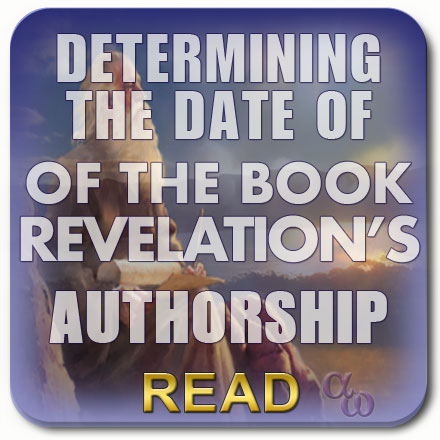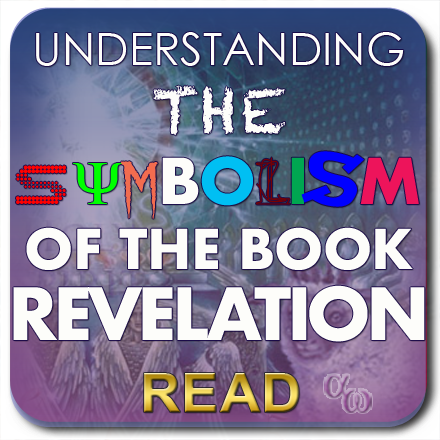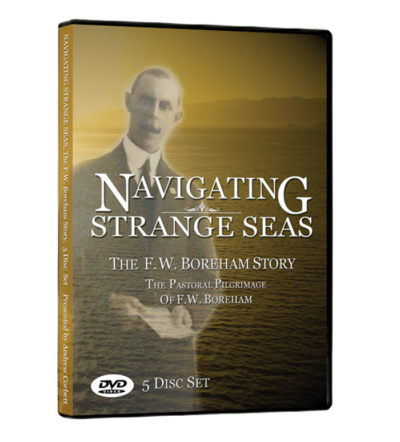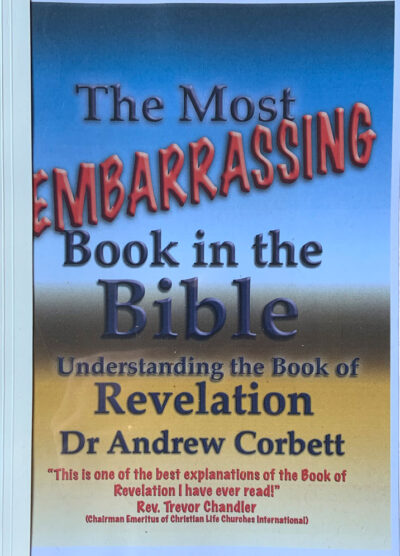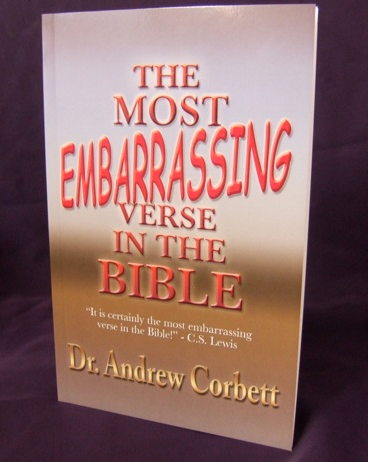
home > articles > How To Understand The New Testament
June 11th 2018
FINALLY, HOW TO UNDERSTAND THE NEW TESTAMENT
 Professors Gordon Fee and Douglas Stuart state that the entire framework of the New Testament is eschatological (How To Read The Bible For All Its Worth, 2003:145). “Eschatology”, they write, “has to do with the end, when God brings this age to its close.” Hence my double entendre heading – Understanding what the Bible teaches about “finally” (Eschatology) is necessary in order to understand what the New Testament teaches.
Professors Gordon Fee and Douglas Stuart state that the entire framework of the New Testament is eschatological (How To Read The Bible For All Its Worth, 2003:145). “Eschatology”, they write, “has to do with the end, when God brings this age to its close.” Hence my double entendre heading – Understanding what the Bible teaches about “finally” (Eschatology) is necessary in order to understand what the New Testament teaches.
 “Most Jews in Jesus’ day were eschatological in the their thinking. That is, they thought they lived at the very brink of time, when God would step into history and bring an end to this age and usher in the age to come. The Greek word for the end they were looking for is eschaton“, they write. To this, most scholars would give a hearty ‘Amen!’ This explains why even Christ’s disciples asked the resurrected Christ, “Will You at this time restore the Kingdom to Israel?” (Acts 1:6) And Christ’s response to their question is very telling: “He said to them, ‘It is not for you to know times or seasons that the Father has fixed by his own authority.'” In other words, Your expectations of what the Messiah was to do, are wrong. The Father has a plan and He has determined when it will be fulfilled. Bear this in mind when you’re reading through the New Testament. Note the eschatological expressions in the New Testament such as “last days” (Acts 2:17; 2Tim. 3:1; Heb. 1:2), “end of the age/s” (Matt. 13:49; 1Cor. 10:11; Heb. 9:26), refer not to the Jewish expectation of the Messiah bringing about the end of the Roman Occupation, but to the end of the Old Covenant because the Messiah had established a New Covenant at Calvary. This is why Hebrews 8:13 declares that the Old Covenant had been ‘made obsolete’ and was ‘about to be done away with’ – that is, the end of the Old Covenant was about to be completed.
“Most Jews in Jesus’ day were eschatological in the their thinking. That is, they thought they lived at the very brink of time, when God would step into history and bring an end to this age and usher in the age to come. The Greek word for the end they were looking for is eschaton“, they write. To this, most scholars would give a hearty ‘Amen!’ This explains why even Christ’s disciples asked the resurrected Christ, “Will You at this time restore the Kingdom to Israel?” (Acts 1:6) And Christ’s response to their question is very telling: “He said to them, ‘It is not for you to know times or seasons that the Father has fixed by his own authority.'” In other words, Your expectations of what the Messiah was to do, are wrong. The Father has a plan and He has determined when it will be fulfilled. Bear this in mind when you’re reading through the New Testament. Note the eschatological expressions in the New Testament such as “last days” (Acts 2:17; 2Tim. 3:1; Heb. 1:2), “end of the age/s” (Matt. 13:49; 1Cor. 10:11; Heb. 9:26), refer not to the Jewish expectation of the Messiah bringing about the end of the Roman Occupation, but to the end of the Old Covenant because the Messiah had established a New Covenant at Calvary. This is why Hebrews 8:13 declares that the Old Covenant had been ‘made obsolete’ and was ‘about to be done away with’ – that is, the end of the Old Covenant was about to be completed.
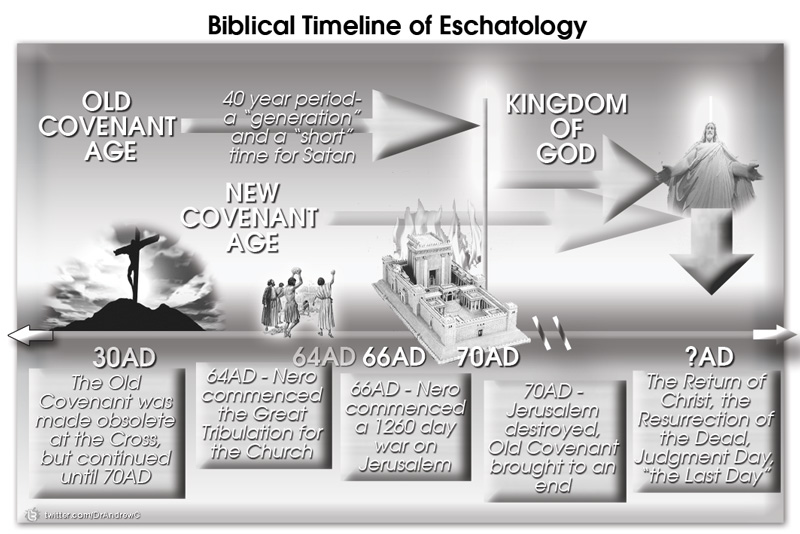
Diagram taken from the book, The Most Embarrassing Verse In The Bible
Because the study of Eschatology is about final things, it presumes that there is divine plan. Like any good story, this divine plan isn’t merely how a chapter ends, but how the story itself ends. Thus, eschatology is the study of God’s unfolding plan which is formatted by a Part 1 (the Old Covenant) and Part 2 (the New Covenant). Most of the eschatological language of the New Testament actually refers to the end of the Old Covenant (the drawing to a close of ‘Part 2’).
As you have a look through the articles on this site, I hope you’ll come to understand what the New Testament means by such eschatological expressions. [Begin]
-
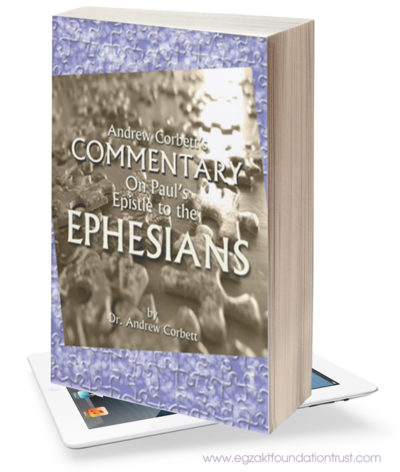
A Commentary On Paul’s Epistle To The Ephesians, eBook
$8.95 -
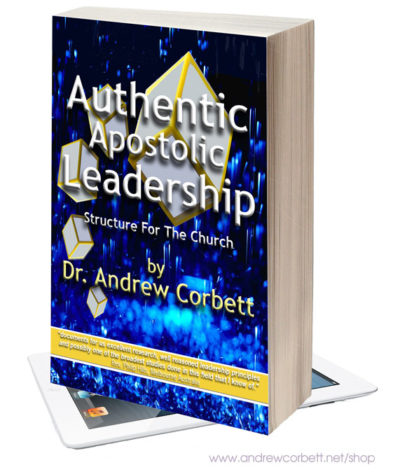
Authentic Apostolic Leadership, eBook
$18.95 -
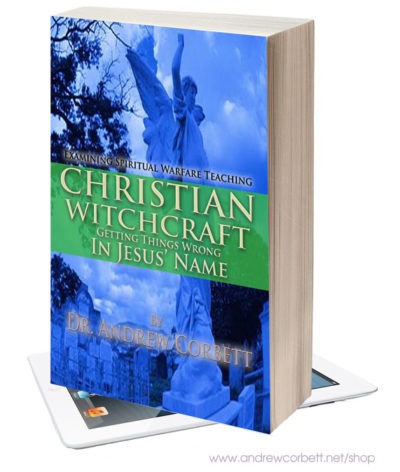
Christian Witchcraft – Getting Things Wrong In Jesus’ Name
$5.95 -
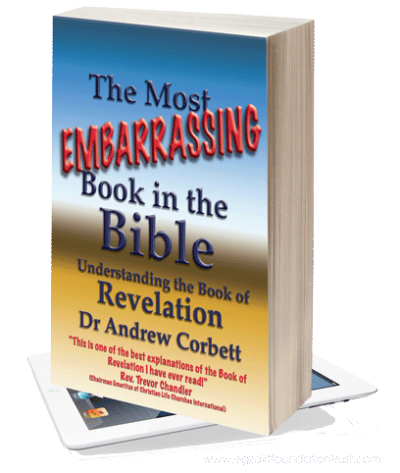
The Most Embarrassing Book In The Bible, eBook
$15.95 -
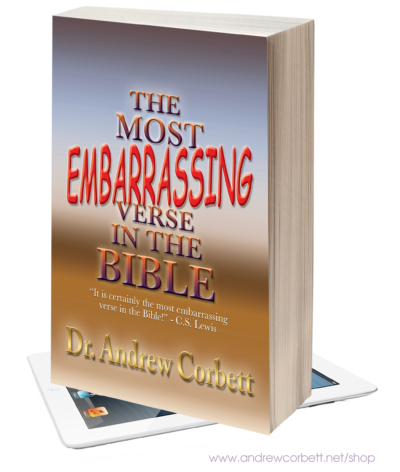
The Most Embarrassing Verse In The Bible, eBook
$6.95 -

Which Translation Can I Trust? eBook
$7.95

